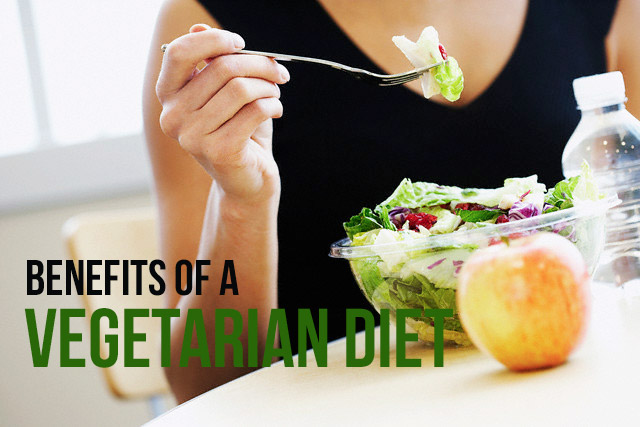A vegetarian diet has been shown in many studies to significantly lower high blood pressure.
Strict vegetarian diets though, can easily become deficient in protein, which is essential for building new cells.
Eggs, milk, cheese and other dairy products are important sources of protein as well as variety for most vegetarians.
They are not available for vegans (a group of vegetarians who eat no animal product at all) who must rely on pulses (beans and peas), soya products and nuts as their most protein-rich foods.
Egg yolks are high in cholesterol, but as a source of high blood cholesterol they are no more important than other foods containing animal fats which, when digested, are changed into body cholesterol.
Prudent diets generally recommend not more than tow eggs a week, but if you cut down on other fats, you can eat more.
All cheeses except cottage cheese contain large amounts of sodium, so cheeses have to be virtually eliminated from any serious low-sodium diet.
They also contain a lot of saturated fat, which raises blood cholesterol. The same applies to butter, except that you can easily get low-salt butter.
For reasons, which so far remain unexplained, people who drink a lot of milk tend to have lower cholesterol levels than people who drink little or none.
Evidence for this is consistent and apparently reliable. However, milk does contain a lot of salt and has to be restricted in low-sodium diets.
Fish is something that we keep being told is a “healthy food”.
Fish, particularly oily fish such as mackerel, herrings, salmon and trout, have an important protective effect against coronary heart disease and are therefore an important part of any prudent diet for people with high blood pressure.
The effect is probably through omega 3 fish oils, which reduce blood levels of triglyceride, the form in which fat is transported from the gut to the liver. They can be taken as capsules if you really can’t stand the taste of fish.
Another important component of any blood pressure lowering vegetarian diet is dietary fiber.
Dietary fiber means everything in your food, which you cannot digest and which, therefore, passes through your body until it is expelled in your stools.
Although the term “fiber”, dietary fiber includes lots of materials which are not fibrous at all, such as gums and mucilages (a gummy substance from certain plants), which affect both the way in which your food is absorbed and the quantity you want to eat before you begin to feel full and tired of chewing.
As well as breakfast cereals whose fiber content you can hardly miss if you ever watch television, wholemeal bread and all fruit and vegetables have a high fiber content, although how much you actually get from your fruit and vegetables depends on whether you cook them and how much.
Pulses like peas, beans and lentils have the highest fiber content of any cooked vegetables.
Increasing the fiber content of your diet by eating more wholemeal bread, fruit and vegetables is one of the most effective steps you can take in any reduced-fat, weight reducing and cholesterol-free lowering diet, which in turn effectively reduces high blood pressure lowering blood cholesterol levels.





